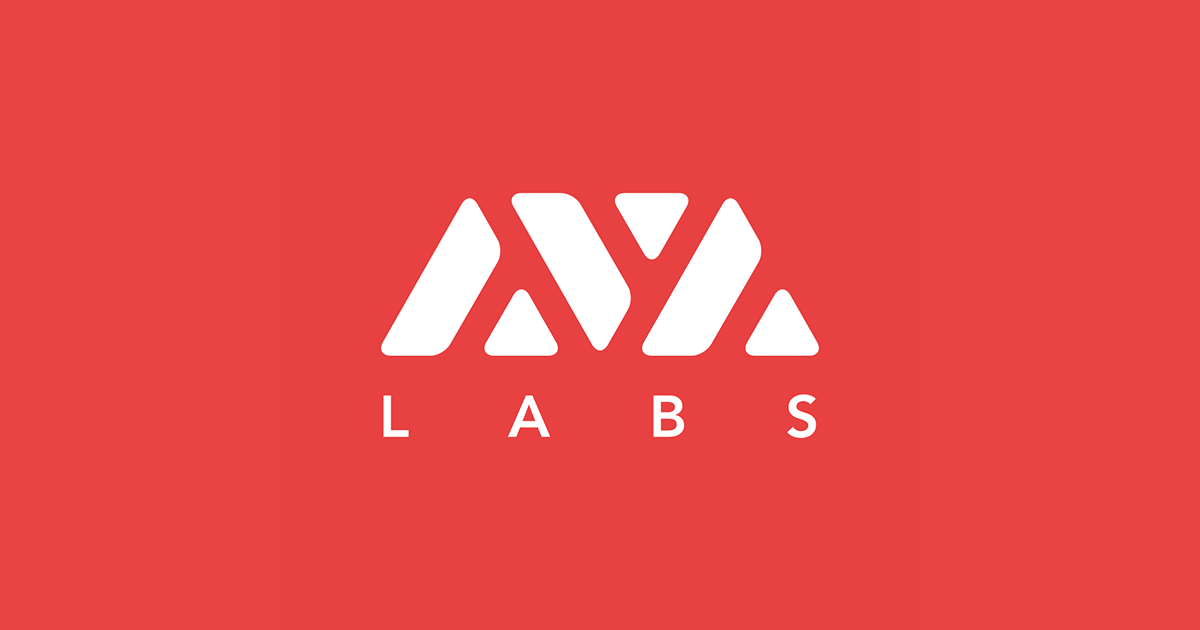Here’s what could happen next:

A bill that would clarify the U.S. securities and commodities regulator’s role in cracking down on cryptocurrencies is headed toward an unknown future as it heads to the Senate before reaching U.S. President Joe Biden’s desk.
The Republican-led Financial Innovation and Technology for the 21st Century Act (FIT21), or HR 4763, passed the House of Representatives on May 22 with 71 Democrats, 208 Republicans, and 136 against.
Its future in the Senate is unclear, with no companion legislation and a showdown with Elizabeth Warren, one of the country’s biggest critics of cryptocurrencies. However, the same Senate passed a resolution last week to repeal regulations restricting the business activities of banks and cryptocurrency companies.

It could still be months before the 100-member Senate considers FIT21. There are no time constraints on when senators must take action.
Even then, the bill will likely be assigned to a committee for multiple reviews, hearings and markups. If the bill survives, a majority of the 51 senators would need to vote in favor to pass it.
Some parts of FIT21 may change, and House and Senate members will meet to resolve differences in their respective versions of the bill. The bill will then pass through the House of Representatives and the Senate for final approval.
President Biden then has 10 days to sign or veto FIT21. But while his administration said on May 22 that it would oppose passage of the bill, he did not say he would veto it.
Even if Biden vetoes FIT21, the House and Senate could override it by re-passing it in both chambers with at least a two-thirds vote.
Passed by industry acclaim
SEC Chairman Gary Gensler publicly opposed FIT21 on May 22, saying it would create “new regulatory gaps” and threaten capital market stability. Passage in the House of Representatives was seen by many as an early victory for cryptocurrencies.
Coinbase CEO Brian Armstrong described the bill’s passage and the participation of 71 Democrats as a “complete victory” and a victory for “clear cryptocurrency rules.”
“The number of Democrats who have voted ‘no confidence’ in the current SEC is staggering,” said Jake Chervinsky, legal director at Variant Fund.

However, cryptocurrency lawyer Gabriel Shapiro poured cold water on the celebrations, asserting to
Related: Ethereum ETF approval becomes a ‘huge political issue’ — Joseph Lubin
“This provides for a dual regulatory regime split between the SEC and CFTC,” he added. “It does this by giving the CFTC an authority it has never had before: regulatory authority over spot commodity markets.”
FIT21 is largely handing control of cryptocurrencies to the Commodity Futures Trading Commission, which the industry sees as a more relaxed regulator than securities regulators.
However, while the SEC will have regulatory authority over cryptocurrencies that are not sufficiently diversified, FIT21 will also create a way for cryptocurrencies that are considered securities to be sold as commodities.
magazine: Proposal to regulate cryptocurrencies in the U.S. amid fears and doubts from lawmakers

